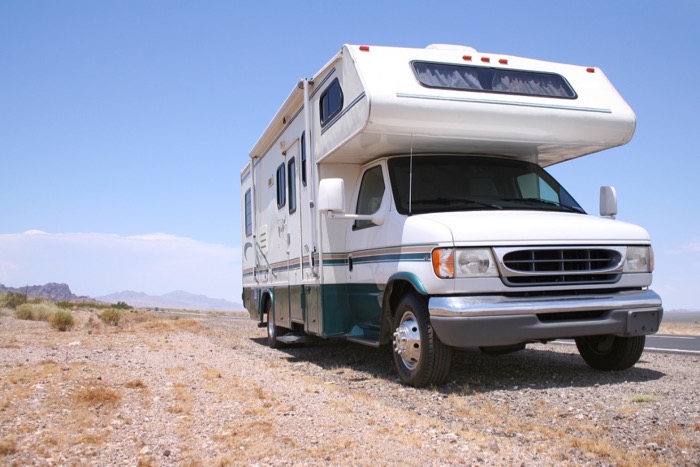
Due to the current state of emergency resulting from the COVID-19 pandemic, the Massachusetts Registry of Motor Vehicles (RMV) continues exploring ways to reduce in-person customer visits in Service Centers throughout the Commonwealth.
The RMV is expanding drop-off services to include individuals, and renaming the B2B Centers to Registration Drop-Off Centers.This change is in recognition of the increased demand for trailer, motorcycle, and camper plates, and allows the RMV to more broadly serve all Massachusetts constituents in a timely manner.
On Monday, August 3, the RMV is piloting the new Registration Drop-Off Center service channel alternative in Braintree. This will be followed with the opening of an additional six Registration Drop-Off Centers throughout Massachusetts on August 10.
How Does An RMV Drop-Off Center Work?
The drop-off service centers are dedicated exclusively to registration and title transactions for both individual and commercial customers. Customers can drop off their completed Registration and Title Application (RTA), applicable supporting documents, and completed drop-off center form. Transactions will be processed and completed on a first-come, first-served basis, and all drop-off transactions will be completed within four business days. Payment must be done online, and customers will receive email with payment amount and instructions once paperwork is processed.
Drop-Off Process Details
- Customers can visit any Registration Drop-Off Center during during business days between the hours of 9:00 a.m. and 4:00 p.m., without making an appointment, to drop-off their transaction paperwork.
- Prior to visiting one of the drop-off centers, customers must compile and complete all appropriate paperwork and any supporting documents, and fill out drop-off center form. (Note: form can be pre-filled online.) Customers must have a completed/stamped RTA from insurance company/agent. Customers must drop-off the required paperwork within 30 days of insurance becoming active. Drop-offs with an incomplete or inaccurate RTA will not be processed.
- An RMV door advocate will review the customer’s paperwork to ensure it’s correctly completed. Customers will not be allowed to wait, but will be contacted by email within four days after drop off with payment amount and instructions. Payment must be done online via the RMV's email-initiated payment process.
- Once payment is successfully processed, paperwork will be ready to be picked up at drop-off center within one hour.
What Transactions are Eligible for Processing at Drop-Off Centers?
The following transactions, for both individual and commercial customers, can be dropped off:
- Register and title a vehicle
- Transfer plate to a new vehicle
- Reinstate a registration
- Apply for a registration only
- Transfer a plate between two vehicles
- Register previously titled vehicle
- Transfer vehicle to surviving spouse
- Registration Amendments
- Plate Cancellations
- Individual registration renewals must be done either online, by mail, or via automated telephone, and are not eligible for drop-off service.
Where are the New Drop-Off Centers?
Dedicated drop-off centers are at the following locations. Note that the Braintree pilot starts this coming Monday, August 3; all other locations will open on Monday, August 10.
- Braintree
- Chicopee
- Haymarket (Boston)
- Haverhill
- Milford
- Taunton*
- Wilmington
* On Monday, August 10, the Taunton Registration Drop-Off Center will replace the current Attleboro B2B Center. Commercial customers can continue to drop off transactions in Attleboro until Friday, August 7.
Can Customers Wait in Service Center?
No. Customers dropping-off or picking-up their paperwork will be served in the order of arrival and should anticipate a wait time for the intake and pick-up process, but will not be allowed to wait for their transaction to be completed.
Drop-off transactions for both individual and commercial customers will be completed within four days of receipt, and customers will be notified upon completion of the payment amount and pick-up time.
Do I Have to Use Drop-Off Center for Registration Transactions?
No. Customers are able to make reservations for in-person RMV Service Center visits for certain registration and title transactions through the Online Service Center.







